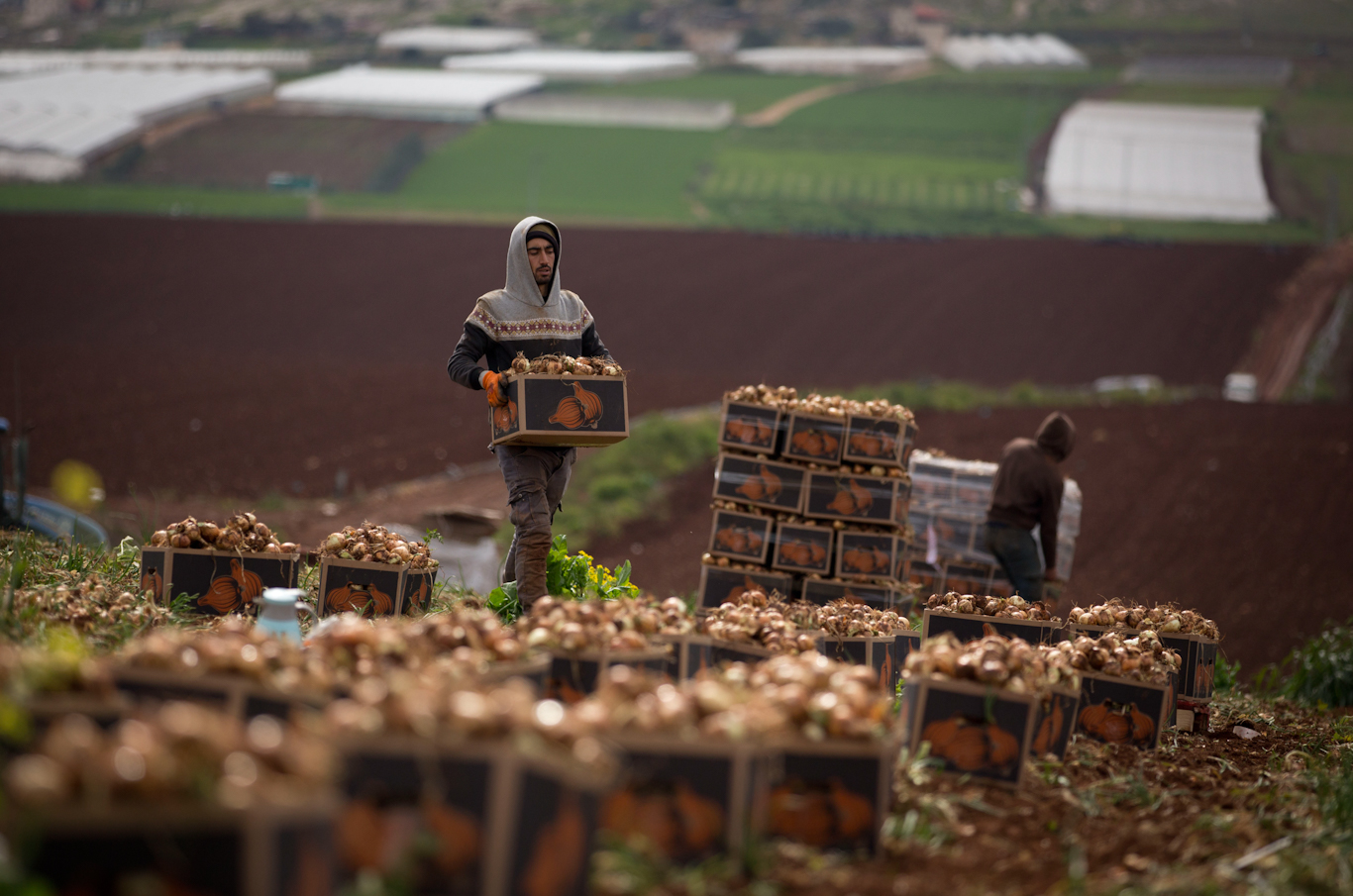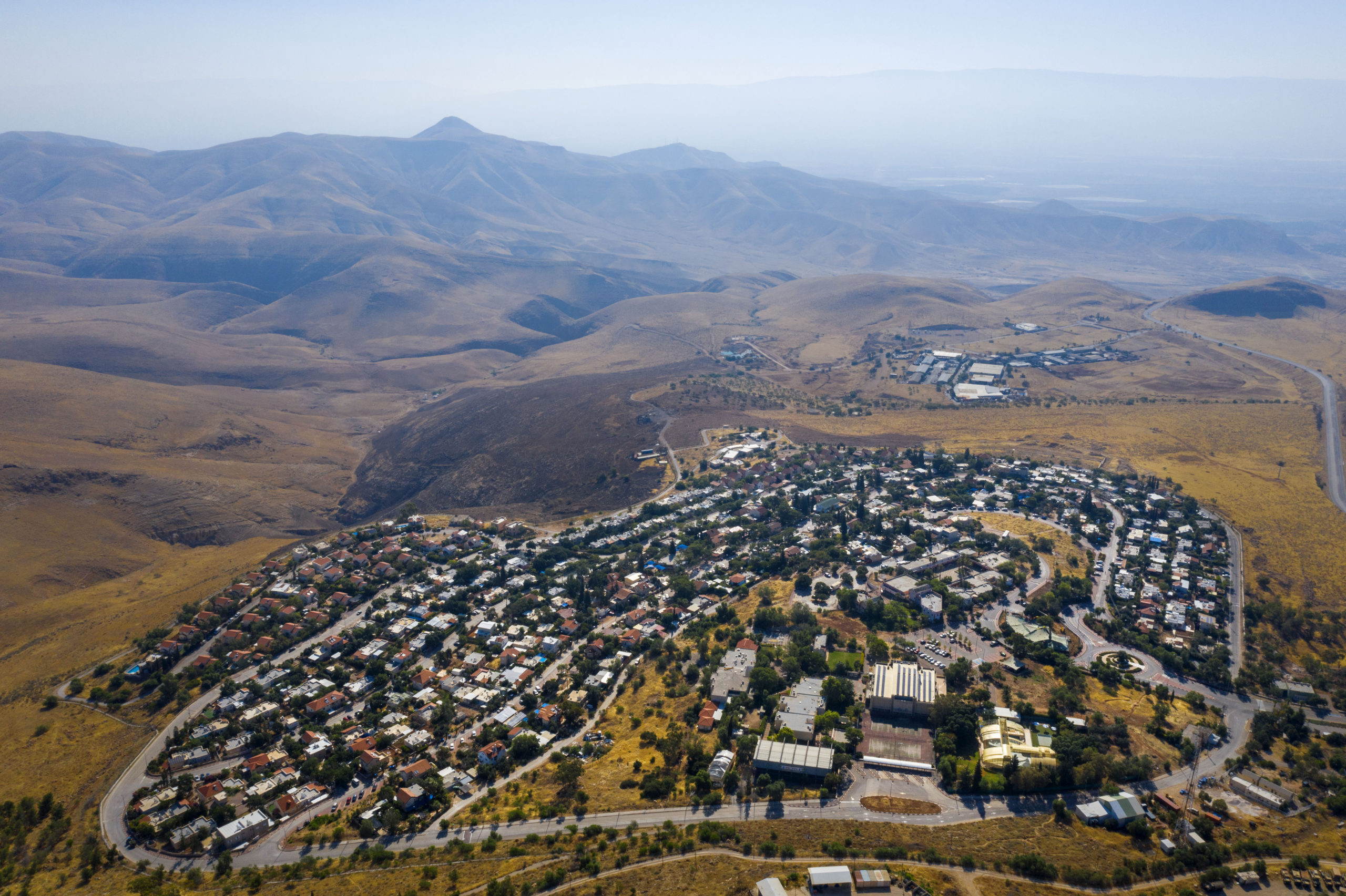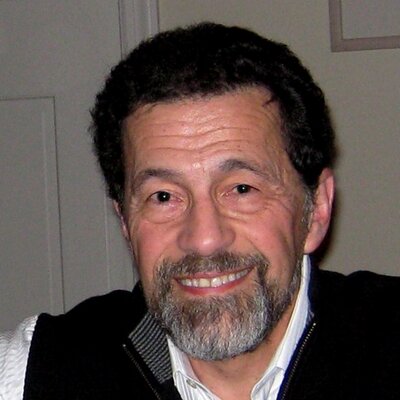Violation of right to life and bodily integrity:
Two Palestinians were killed and 7 others, including 3 children, were injured, while dozens of others suffocated in Israeli Occupation Forces (IOF)’s attacks in the West Bank, including occupied East Jerusalem. Details are as follows:
On 23 March 2023, Ameer ‘Emad Abu Khadijah (25), a member of Palestinian armed groups, was killed by IOF’s fire after the latter cordoned off a house, where Abu Khadijah was fortified. According to investigations conducted by the Palestinian Centre for Human Rights (PCHR), IOF moved into Izbat Shufa village, southeast of Tulkarm, and cordoned off a house, where Abu Khadijah was fortified. An exchange of fire occurred before IOF raided the house and fired a projectile at it. About half an hour later, IOF withdrew after arresting the house’s owner. Following IOF’s withdrawal, villagers found Abu Khadijah’s body covered in blood inside one of the house’s rooms, as he was shot with several live bullets in his head and lower limbs. Also, there were traces of bullets that were heavily fired at the room’s walls.
On 28 March 2023, medical sources at An-Najah Hospital in Nablus declared the death of ‘Ameer Mohammed Lolah (28), a member of Palestinian armed groups, after he succumbed to an abdomen injury caused by a live bullet fired by IOF during clashes on 22 February 2023 while IOF were surrounding a house in Nablus’s Old City. At the time, those clashes resulted in the killing of 11 Palestinians, including 4 civilians, and the injury of tens of others, including 9 seriously injured.
Meanwhile, those injured were victims of excessive use of force that accompanied IOF’s incursions into the Palestinian cities and villages, or IOF’s suppression of peaceful protests organized by Palestinian civilians, and they were as follows:
On 23 March 2023, a child, who was near his school, was shot with a rubber-coated bullet in his foot by IOF after their incursion into al-Ram village in occupied East Jerusalem. Before their withdrawal, IOF arrested two Palestinians from their houses.
On 25 March 2023, a Palestinian sustained minor wounds and tens of others suffocated in clashes with IOF during their incursion into al-Khader village in Bethlehem.
On 27 March 2023, IOF arrested a child after being shot with a rubber-coated bullet in his foot during clashes that accompanied IOF’s incursion into al-Khader village in Bethlehem.
On the same day in the afternoon, 4 Palestinians were injured, including a child whose leg was amputated, by IOF’s fire during the latter’s incursion into ‘Aqabat Jaber camp in Jericho. Before their withdrawal, IOF arrested a Palestinian whose two of his sons were previously shot dead by IOF on 06 February 2023.
This week witnessed recurrent clashes with IOF in occupied East Jerusalem and Bethlehem’s neighborhoods, where IOF fired teargas canisters, causing suffocations among tens of Palestinians.
In the Gaza Strip, 3 IOF shootings were reported on agricultural lands in eastern Gaza Strip, and 2 shootings were reported on fishing boats off the Western Gaza shores.
”
So far in 2023, IOF attacks killed 89 Palestinians, including 45 civilians; 15 of them were children and a woman, and the rest were members of the Palestinian armed groups, including 2 children, as well as 6 killed by settlers, and one died in Israeli prisons. Meanwhile, 398 Palestinians, including 54 children, 2 women and 10 journalists, were injured.
Land razing, demolitions, and notices
IOF demolished a commercial facility and notified to demolish a house, a facility, a mosque, and 7 graves. They also confiscated a garbage truck in the West Bank. Details are as follows:
On 24 March 2023, IOF confiscated Biddya municipality’s garbage truck during their incursion into Qarawat Bani Hassan village, west of Salfit. This was the 3rd garbage truck to be confiscated by IOF within a month in Salfit, under the pretext of working in Area C.
On the same day, IOF hanged two demolition orders on a 160-sqm concrete house, which is supposed to be resided by a family of 12, including 3 children, and on a 200-sqm agricultural facility built of isolated tinplate and used for breeding livestock in Al-Burj village in Hebron.
Also, upon military order No. (1797), IOF notified to demolish 7 graves in Abu al-Tuq Cemetery in Al-Burj village. Those graves are located in a 140 -dunum land belonging to the Islamic Endowment (Awqaf) Department: 35 dunums remained under the Islamic Endowment’s control while the rest were seized due to the construction of the annexation wall.
On 27 March 2023, IOF notified to demolish Belal Ibn Rabah Mosque built on an area of 150 square meters in Khashem al-Daraj village in Hebron, under the pretext of unlicensed construction.
On 28 March 2023, IOF demolished a 350-sqm commercial facility in Dayr Balut village, west of Salfit, under the pretext of being near the annexation wall. During the demolition, IOF fired teargas canisters at the villagers to prevent them from confronting the demolition. As a result, many villagers suffocated.
”
Since the beginning of 2023, IOF made 64 families homeless, a total of 406 persons, including 81 women and 183 children. This was the outcome of IOF demolition of 66 houses; 16 were forcibly self-demolished by their owners and 6 were demolished on grounds of collective punishment. IOF also demolished 56 other civilian objects, razed other property, and delivered dozens of notices of demolition and cease-construction in the West Bank, including East Jerusalem.
Settler-attacks and retaliatory acts:
Settlers carried out 5 attacks against Palestinians and their property in the West Bank, most notably setting a house and 2 vehicles ablaze and attacking 2 Palestinians. Details are as follows:
On 24 March 2023, Israeli settlers brought their sheep to graze the agricultural crops surrounding al-Zowaiden village in southern Hebron. As a result, part of the crops was damaged. Meanwhile, a number of villagers arrived and tried to confront the settlers and force them out of their lands. Afterwards, a large force of IOF and police arrived at the area and forced the villagers to leave after detaining 3 of them and releasing them later. It is worth noting that Israeli authorities declared the lands surrounding Zowaiden village as a military Firing Zone under the so-called “Training Area 917”, while an Israeli settler established a settlement outpost near the village.
On 26 March 2023, Israeli settlers burned a 70-sqm house adjacent to the settlement Street 60, which connects Ramallah with Nablus, in Sinjil village, east of Ramallah. The house is 50 meters away from an IOF military site. The house’s owner said to PCHR’s fieldworker that 4 Israeli settlers attacked his house with Molotov Cocktails and he and his family members managed to exit from the back door before the house was completely burned.
On the same day, Israeli settlers threw stones at Palestinian vehicles passing by “Yitzhar” Bypass Road in Huwara village. As a result, windshield of a truck was broken.
On 27 March 2023, Israeli settlers set a truck and a vehicle ablaze and broke the windows of two ambulances, one of them was carrying samples to Tulkarm Hospital, and 3 other vehicles in widescale attacks on Huwara village.
On 29 March 2023, Israeli settlers attacked a house belonging to an elderly man in Kisan village, east of Bethlehem, and severely beat him and his son. As a result, the elderly man and his son sustained injuries and bruises and were taken to al-Hussain Hospital in Beit Jala village for treatment.
”
Since the beginning of the year, settlers have conducted at least 162 attacks against Palestinian civilians and their property. As a result, 6 Palestinians were killed and dozens of others were injured; most of them after being beaten and thrown with stones. Also, dozens of houses, vehicles and civilian facilities were set ablaze.
IOF incursions and arrests of Palestinian civilians:
IOF carried out 185 incursions into the West Bank, including occupied East Jerusalem. Those incursions included raids and searches of civilian houses and facilities and establishment of checkpoints. During those incursions, at least 81 Palestinians were arrested, including 10 children and a woman.
”
So far in 2023, IOF conducted 2,577 incursions into the West Bank, including occupied East Jerusalem, during which 1,243 Palestinians were arrested, including 21 women and 158 children. Also, IOF conducted 9 incursions and arrested 23 Palestinians from the Gaza Strip, including 6 fishermen, 14 infiltrators into Israel, and 3 travelers at Erez Crossing.
Israeli closure, restrictions on freedom of movement and collective punishment:
Israeli occupation maintains its illegal and inhuman 15-year closure on the Gaza Strip. Details available in PCHR’s monthly-update in the Gaza crossings.
In the West Bank, including occupied East Jerusalem, IOF continue to impose restrictions on the freedom of movement. On top of its 110 permanent checkpoints, IOF established 105 temporary military checkpoints in the West Bank, including occupied East Jerusalem.
On 23 March 2023, IOF closed the vehicles lane at the military checkpoint 300 in northern Bethlehem and it is expected to remain closed throughout the month of Ramadan.
On 24 March 2023, IOF closed the metal detector gate established at the western entrance to Husan village and reopened it later.
On 25 March 2023, IOF declared Huwara village, southeast of Nablus, as a closed military zone and imposed a cordon on it. They closed the internal streets with sand berms, established more checkpoints and placed cement cubes on the village’s main street, as part of the collective punishment policy following the shooting attack against IOF in the village. IOF’s restrictions extended to affect all Nablus, as they closed all military checkpoints leading to the village, rendering entry into the city almost impossible.
”
So far in 2023, IOF established 1,558 temporary checkpoints and arrested 63 Palestinians at those checkpoints.
- PCHR Denounces Israeli Occupation Forces’ Arrest of Patient at Beit Hanoun “Erez” Crossing
- On World Water Day: Israeli Measures Decelerates Efforts Toward Water Security for Palestinians
- Ben-Gvir’s Decision Perpetuates Systematic Campaign to Judaize Occupied City of Jerusalem
Filed under: "Israel", Israeli Crimes crimes against humanity, Nazi Israel, Uncategorized | Tagged: Aqabat Jaber battalion, Checkpoints, Home demolition, Isael's Annexation of the West Bank, Israeli Occupation Force IOF, Nablus, Occupied W Bank, Palestinian Centre for Human Rights (PCHR), Palestinian detainees, Settlers Attacks | Comments Off on Israeli Human Rights Violations in the Palestinian (Weekly Update 23-29 March 2023)
















